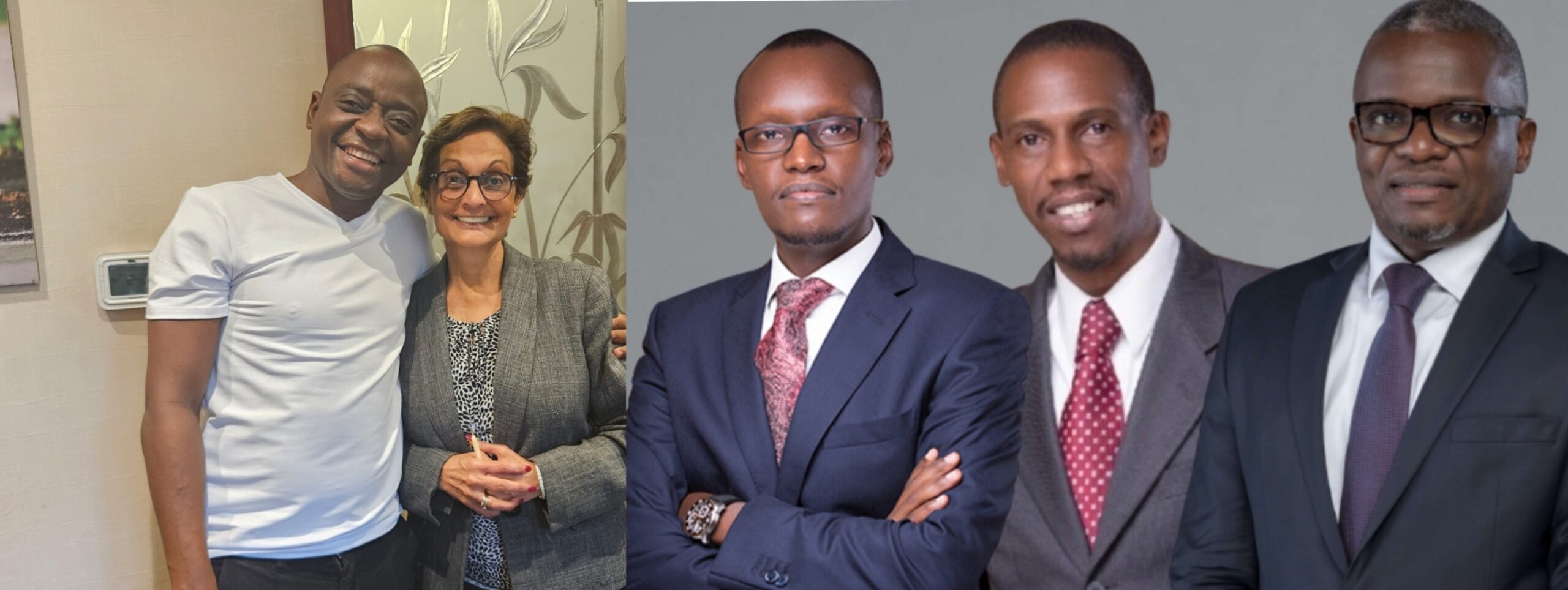This article explains How to Apply for Accreditation as Journalist in Kenya. Pursuant to sections 4, 6(h), 23(c) and 46 of the Media Council Act no 46 of 2013, the Media Council of Kenya undertakes Annual Accreditation of journalists practicing in Kenya for purposes of compiling and maintaining a register of journalists, media practitioners, media enterprises and media training institutions in Kenya.
One of its main aims is to improve professionalism among journalists as it ensures that all accredited journalists have the right skills to carry out their duties in a professional manner as accorded to by the Code of Conduct for the Practice of Journalism in Kenya. It also fulfills the Council’s mandate to compile and maintain a register of journalists, media practitioners, media enterprises and such other related registers.
Required Documents
The Accreditation Requirements
The following are the requirements for accreditation;
1. Local Journalists/Media Practitioners
All journalists accrediting for the first time with the Media Council of Kenya MUST provide the following requirements for vetting before proceeding with the accreditation process.
- A letter from the employer
- Professional Certificate (ORIGINAL) that is either a Degree of Diploma in Communication from a recognised training institution
- Portfolio of work done either in Print or Broadcast ( Please provide the work not website links)
- A clear passport size digital photograph
2. Freelance Journalists
- A reference letter from an organization that publishes your work
- Professional Certificate that is either a Degree of Diploma in Communication from a recognised training institution
- Portfolio of work done either in Print or Broadcast ( Please provide the work not website links)
- A clear passport size digital photograph
3. Foreign Journalists
All foreign Journalists are required to provide the following;
- A letter from the employer
- Professional Certificate that is either a Degree of Diploma in Communication from a recognised training institution
- Portfolio of work done either in Print or Broadcast ( Please provide the work not website links)
- A clear passport size digital photograph
- Valid Work permit
- Passport
4. Students
Students studying in accredited colleges and Universities are eligible for accreditation. This will be issued once satisfaction has been made that the student is in their final phase of their training and is proceeding for industrial attachment.
- A letter from training institution indicating that the student is to go for internship
- Valid Student ID
- A clear passport size digital photograph
Apply Online
- An applicant can apply for accreditation as a journalist online by visiting the Media Council of Kenya (MCK’s) Website and make an application through MCK’s online portal through the following link: Online Accreditation Portal
- Please visit the Media Council of Kenya (MCK’s) Website homepage scroll to the bottom of the page and click on the Accreditation Icon to proceed to the accreditation portal.
- Upon entering the accreditation portal’s homepage, click on the “Journalist” tab and then choose the “Register (New Journalist Only)” to enter the next page.
- You will be taken to the next page once you click the “Register (New Journalist Only)” option where you will be asked to provide your personal information, for you to be registered in the portal. This information includes:
- Email address
- Full names
- Gender
- Date of Birth
- Phone number
- Passport photo
- Password
- Please provide your valid information and click on the “Submit” button to submit your application. A verification link will be sent to the email address you provided during the registration process.
- Log in to your email address and click on the verification link. This will lead you to MCS’s Online Accreditation Portal homepage, click on the “Journalist” tab and then choose the “ Login” option so as to begin your accreditation process.
- Use your email address and password to log into the portal. Here click on the “Membership Request” tab and select the “New Application” Option to apply for accreditation.
- Once you click on the “New Application” Option, you will be taken to the next page where you have to choose the category of accreditation you want to apply for: i.e.
- National Journalists working in media enterprises
- Freelance journalists
- Foreign Journalist (Long term / Short term)
- Students
- Public Relations Practitioners
- Media Trainers
- Fill in the required information and click on the “Submit” button for review.
- At this point your application status will read as “Pending Approval”.
- The application approval usually takes a period of two days.
- Once your application is approved, a confirmation message will be sent to your email address, and your application status will change to “Pending Payment”.
- Proceed to the make the accreditation payment through Mpesa using the instructions provided in the portal.The Payment instructions will be generated and displayed automatically in the portal.
- Please do not make any payment before receiving a confirmation massage of approval from MCK asking you to make the payment.
- Once you have made the payment a pdf copy of your Press Card will be availed in your MCK account , a hard copy of the Press Card can be picked in person from the Council’s Office at Britam Center, Upper-Hill, Nairobi.
- You will be required to provide proof of identification when collecting the Press Card.
Apply Offline
- An applicant can also apply for accreditation as a journalist in person by visiting the Media Council of Kenya (MCK) offices .The contact information of the MCK offices can be found in the “Office Location & Contact” Section of this page.
- Here the applicant will be given an Accreditation Application Form to fill and submit. The application form can also downloaded from the MCK’s official website through the following link .
- Fill in the application form and attach the required documents. A list of the required documents is mentioned in the “Required Documents” section of this page.
- Note: make sure you choose the category of accreditation you want to apply for on the application form: i.e.
- Local Journalist
- Foreign Journalist
- Student /Intern
- Other (Here specify any other category not mentioned above)
- Submit the completed application form and all the required documents to the Media Council Of Kenya (MCK) Offices and proceed to pay the required fees. Details of the required fees for accreditation are provided in the “Fees” Section of this page.
- Submit the payment receipt to the MCK Offices for processing of your application to begin.
- Once the accreditation process is completed the Media Council of Kenya (MCK) will contact the applicant to collect the accreditation ID in person.
- Accreditation is usually completed after a period of seven days.
- The applicant will be required to produce proof of identity while collecting his accreditation card (Press Card).
Fees
Accreditation Fees:
- Local Journalist: Ksh 2,000
- Foreign Journalist: (Long Term more than 3 months) Ksh 10,000
- Foreign Journalist (Short Term – Up to 3 Months): Ksh 5,000
- Student: Ksh 300
External Links
- Guidelines
- Code of Conduct
- Media Council Act
- Proposed Subscription And Accreditation Fees
- The Media Practitioners’ Codes of Conduct
MCK Office Locations & Contacts
Media Council of Kenya – Head Office
Address: Ground Floor, Britam Centre,
Mara/Ragati Road Junction,Upper Hill
P.O. Box 43132 00100 Nairobi
Kenya
Tel :+254 727 735252, +254 702 558233, +254 702 558234,+254 702 558453
MCK Website
contact details
Accreditation Portal
Eligibility
The following cadre of people are eligible for accreditation:
- Journalists working in media enterprises
- Freelance journalists
- Foreign Journalist
- Students pursuing media, journalism and communication studies
- Public Relations Practitioners
- Advertising Companies
- Media Trainers




























